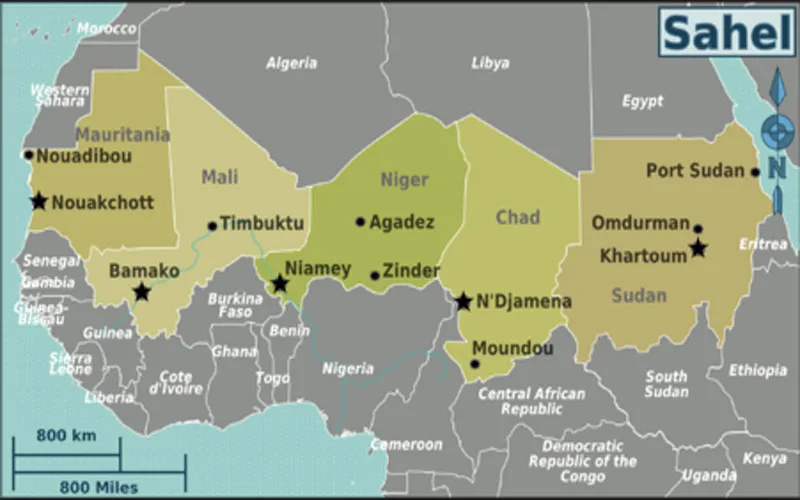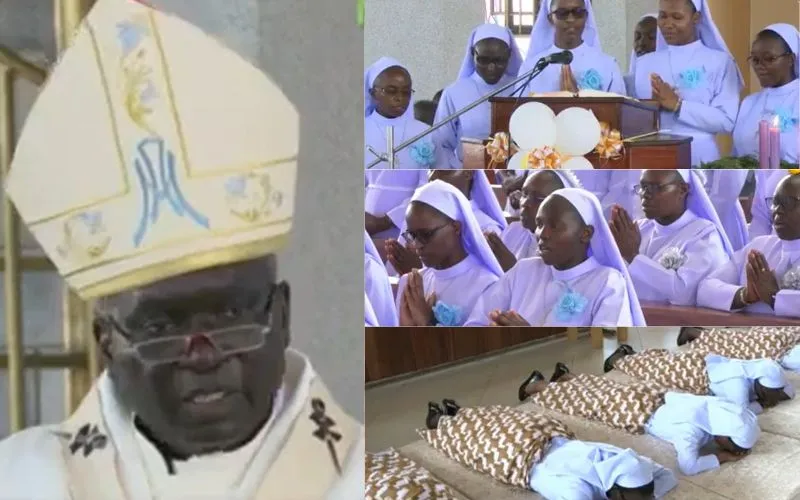Ouagadougou, 21 November, 2019 / 3:40 am (ACI Africa).
A couple of days after Pope Francis advocated for interreligious dialogue in the West African country of Burkina Faso as the attacks by jihadist groups take a heavy toll on human life, delegates, among them Catholic Prelates and priests drawn from Bishops’ conferences in Burkina Faso, Niger, Mali, Ivory Coast, and Ghana convened the first-ever Inter-Conferences Workshop to discuss the security concerns in the African Sahel region and outlined the role of some eight stakeholders in the process of ending the violence.
The Sahel region, which spans 5,400 km encompassing Senegal, Mauritania, Mali, Burkina Faso, Niger, Nigeria, Chad, Sudan and Eritrea has been facing rampant violence facilitated by political crisis in the countries, which offer a fertile ground for the proliferation of extremist groups.
Identifying those carrying out the attacks among stakeholders, the delegation stated in their communique, “We, Archbishops and Bishops, priests, and secular delegates of Episcopal Conferences Burkina-Niger, Mali, Ivory Coast, and Ghana, make an urgent appeal to the perpetrators of attacks and massacres, to put an end in the name of the respect of life that is a sacred gift of God that no one can dispose of, whatever his ambition, his ethnic, cultural, political, or religious belonging.”
Acknowledging public authorities as stakeholders, the Inter-Conferences Workshop delegates urged civil authorities “to make the protection of the populations the priority of the priorities, to promote good governance, to be translated by concrete actions, the fight against corruption, and the just distribution of wealth.”
Organized by Catholic Relief Services (CRS), the humanitarian arm of the United States Conference of Catholic Bishops (USCCB), the two-day meeting, which concluded November 13 recognized religious leaders among stakeholders in the Sahel region peace process and appealed to them “to educate respect for human life, preserve religious freedom, human and spiritual values common to all men created by God and to promote interreligious dialogue.”








